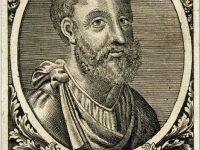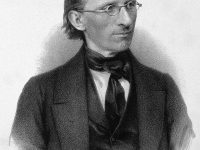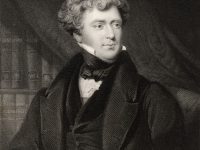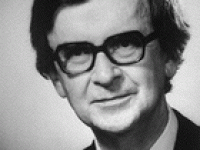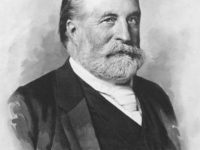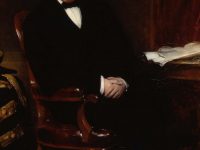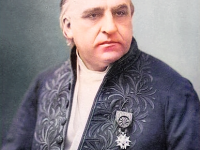The Legend of Elizabeth Báthory, the Blood Countess
How far would you go to maintain your youth and your beauty? While today most people have become a victim of the cosmetic industry and (fortunately) only a few really dare to undergo cosmetic surgery, eternal youth and beauty is not only a subject of today’s affluent society. No, it’s a prominent topic throughout history dating also back into mythology, such as the story of Narcissus, a young Greek hunter of extraordinary…
Read more


